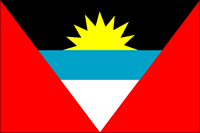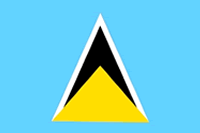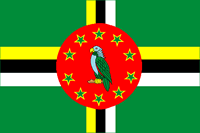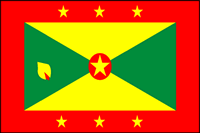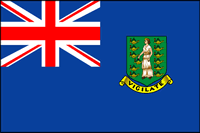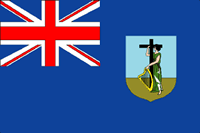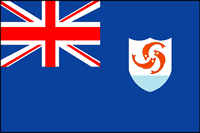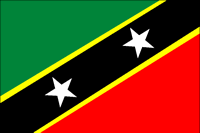Driving The Transition Towards Sustainable Energy In The Eastern Caribbean
Driving The Transition Towards Sustainable Energy In The Eastern Caribbean
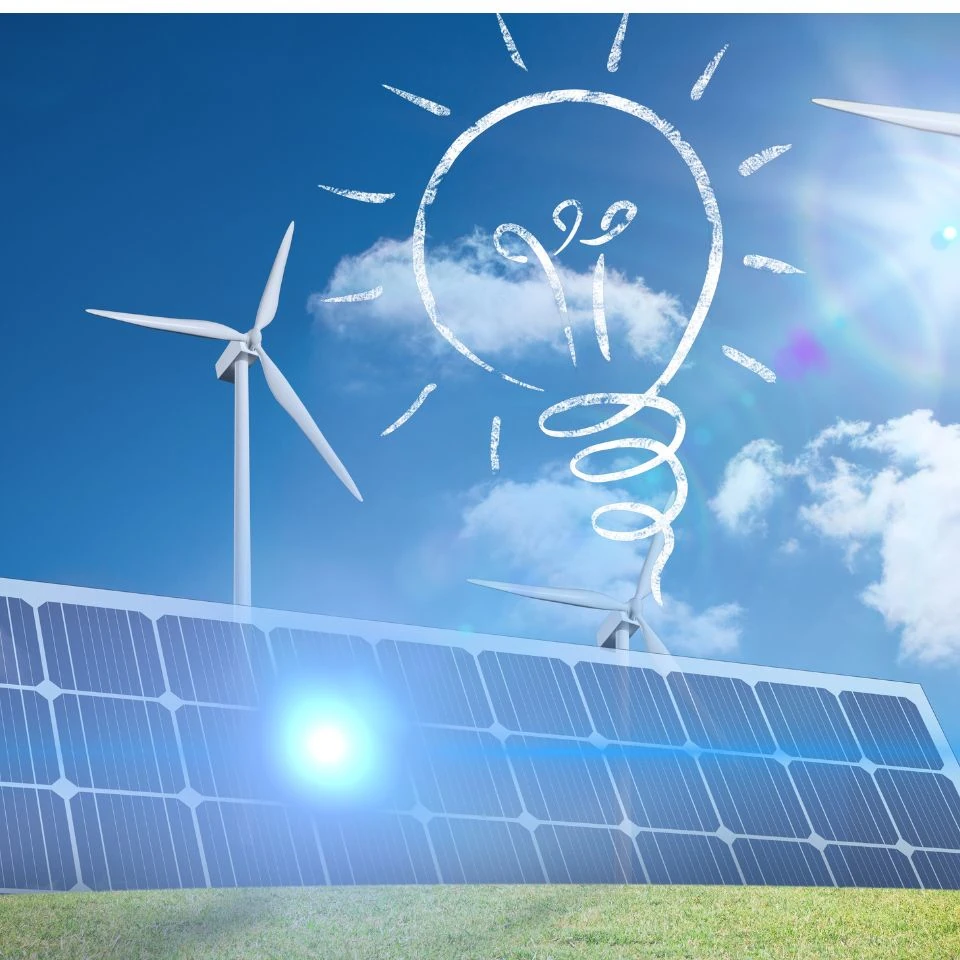
Transitioning towards sustainable energy in the Eastern Caribbean has become a priority for the region. The OECS Sustainable Energy Framework is a comprehensive approach to addressing energy challenges in the Organisation of Eastern Caribbean States (OECS). It seeks to promote the development and deployment of sustainable energy systems in the OECS region while reducing energy costs, increasing energy security and efficiency, and reducing greenhouse gas emissions.
Growing economic activity and improvements in living standards have contributed to a rise in energy demand which is supplied primarily from imported fossil fuels. However, high energy prices reduce the competitiveness of the region and constrain development. The increased use of indigenous renewable energy and energy efficiency measures can help address this and can also assist with mitigating global climate change impacts. Sustainable energy is expected to support energy affordability, promote economic growth and poverty alleviation, and have positive impacts on the environment, particularly with respect to climate action.
The OECS region has strong potential for renewable energy including solar, wind, geothermal and biomass energy. The incorporation of renewable energy and energy efficiency measures can boost the productivity of several other sectors including Manufacturing, Transportation, Agriculture, Health, Water, and Tourism.
The OECS Commission, through its Sustainable Energy Unit, is working in collaboration with OECS Member States and regional and international agencies to accelerate the transition towards sustainable energy in the Eastern Caribbean. Support is being provided in areas such as Policy Development, Legislation, Capacity Building, Technology Needs and Research Development, Knowledge Management, and Resource Mobilisation. Working in some priority areas, the OECS Sustainable Energy Unit seeks to leverage the collective capacities of the OECS Member States and strategic partners to ensure that clean and indigenous energy transforms and drives development in the OECS.

The Basseterre Declaration of the OECS Decade of Action for Sustainable Energy Development was adopted on February 5, 2025, during the Third Meeting of the OECS Council of Ministers for Energy in Saint Kitts and Nevis. This declaration outlines a significant commitment to sustainable energy development in the Eastern Caribbean region for the period 2025-2035.
Transitioning towards sustainable energy in the Eastern Caribbean has become a priority for the region. The OECS Sustainable Energy Framework is a comprehensive approach to addressing energy challenges in the Organisation of Eastern Caribbean States (OECS). It seeks to promote the development and deployment of sustainable energy systems in the OECS region while reducing energy costs, increasing energy security and efficiency, and reducing greenhouse gas emissions.

Growing economic activity and improvements in living standards have contributed to a rise in energy demand which is supplied primarily from imported fossil fuels. However, high energy prices reduce the competitiveness of the region and constrain development. The increased use of indigenous renewable energy and energy efficiency measures can help address this and can also assist with mitigating global climate change impacts. Sustainable energy is expected to support energy affordability, promote economic growth and poverty alleviation, and have positive impacts on the environment, particularly with respect to climate action.
The OECS region has strong potential for renewable energy including solar, wind, geothermal and biomass energy. The incorporation of renewable energy and energy efficiency measures can boost the productivity of several other sectors including Manufacturing, Transportation, Agriculture, Health, Water, and Tourism.
The OECS Commission, through its Sustainable Energy Unit, is working in collaboration with OECS Member States and regional and international agencies to accelerate the transition towards sustainable energy in the Eastern Caribbean. Support is being provided in areas such as Policy Development, Legislation, Capacity Building, Technology Needs and Research Development, Knowledge Management, and Resource Mobilisation. Working in some priority areas, the OECS Sustainable Energy Unit seeks to leverage the collective capacities of the OECS Member States and strategic partners to ensure that clean and indigenous energy transforms and drives development in the OECS.

The Basseterre Declaration of the OECS Decade of Action for Sustainable Energy Development was adopted on February 5, 2025, during the Third Meeting of the OECS Council of Ministers for Energy in Saint Kitts and Nevis. This declaration outlines a significant commitment to sustainable energy development in the Eastern Caribbean region for the period 2025-2035.
Objectives
The OECS, through the Sustainable Energy Unit, is driving the transition towards renewable energy in the Eastern Caribbean region.
Our priority objectives are:
- to optimize the contribution of renewable and indigenous energy to the energy supply mix,
- to enable universal access to clean and modern energy,
- to pursue energy supply cost optimization,
- to improve energy management through advanced conservation and end-use efficiency,
- to reduce transmission and distribution losses,
- to promote a clean and efficient transport sector and,
- to empower the public to make informed decisions on energy-related investments and use.
Projects
Over the years, the OECS, through its Sustainable Energy unit, has been supporting or leading multiple programmes designed to respond to the challenges and opportunities of sustainable energy in the Eastern Caribbean. The following programmes have been implemented or are currently being implemented by the OECS Commission:
Current projects include:
- The Geothermal Energy: Capacity Building for Utilisation, Investment and Local Development (GEOBUILD)
- The INTERREG Energy Transition in the Caribbean (INTERREG ETC) Project
Past projects include:
- The OECS "Training and Certification of Photovoltaic Installers and Electrical Inspectors" Project
- The Direct Use of Geothermal Energy Project
- The OECS Building Code
- The Building Energy Efficient Programme (BEEP)
- The Eastern Caribbean Energy Regulatory Agency (ECERA) Project
- The Eastern Caribbean Energy Labeling (ECELP) Project
1 - The Geothermal Energy: Capacity Building For Utilisation, Investment And Local Development (GEOBUILD

The GEOBUILD Programme – short for the OECS Geothermal Energy: Capacity Building for Utilization, Investment and Local Development Programme – is a three-year initiative that will be implemented by the OECS Commission funded through a technical grant from the Caribbean Development Bank( CDB) with resources from the Inter-American Development Bank IDB and the European Union Caribean Investment Fund (EU-CIF).
GEOBUILD is specifically designed to address some critical gaps and needs of geothermal energy in the OECS with the aim of increasing its contribution to the region’s energy mix. To date, Guadeloupe is the only OECS Member State with a geothermal power plant of 15 megawatts (MW). However, successful development of geothermal resources in the rest of the region could significantly increase the production of clean energy, reduce dependence on imported fossil fuels, and support the transition to sustainable energy. Geothermal energy has the potential to support other sectors and industries and bring much needed relief from the impacts of volatile and escalating energy prices during energy crises, such as are being experienced now
2 - The INTERREG Energy Transition In The Caribbean (INTERREG ETC) Project

The INTERREG Energy Transition in the Caribbean (INTERREG ETC) Project is a €3,6 million project co-funded by the INTERREG Caraïbes programme under the European Regional Development Fund. The main objective of INTERREG ETC is to advance energy transition in the Eastern Caribbean and to improve the resilience of energy systems in the light of the increasing natural disasters caused by climate change.
The INTERREG ETC Project is led by the Regional Council of Guadeloupe, in partnership with the OECS through its Sustainable Energy Unit, the French Agency for Ecological Transition (ADEME) and the French Geological Survey (BRGM). The project was launched in 2019 and should be completed by the end of December 2022.
3 - The OECS "Training And Certification Of Photovoltaic Installers And Electrical Inspectors" Project

The OECS "Training and Certification of Photovoltaic Installers and Electrical Inspectors" Project aimed to develop the use of solar energy in the Eastern Caribbean.
This training was implemented by the OECS Sustainable Energy Unit on behalf of the Caribbean Development Bank (CDB) through its Sustainable Energy for Eastern Caribbean (SEEC) Programme, with the funding of the European Union (EU) and the United Kingdom’s Foreign Commonwealth and Development Office (FCDO).
Thanks to this training, 228 technicians and inspectors who were already working in the area of solar energy in the Eastern Caribbean without certification have now a recognized expertise in electrical installations. This training benefitted to solar energy professionnals from Antigua and Barbuda, the Commonwealth of Dominica, Grenada, Saint Kitts and Nevis, Saint Lucia and Saint Vincent and the Grenadines.
4 - The Direct Use Of Geothermal Energy Project

The Direct Use of Geothermal Energy Project is a US$115,000 project co-funded by the Government of New Zealand. This project mainly aims to identify and promote investment opportunities for direct uses of geothermal energy in the OECS.
The project was launched in September 2020 and should be completed by the end of July 2022.
5 - The OECS Building Code
In order to develop sustainable energy in the Eastern Caribbean, greater attention is given to buildings. In 2015, The OECS Building Code was amended with the aim to consider changing weather conditions due to climate change, to adapt to new construction technologies, to meet international standards and to reduce the emissions of carbon dioxide by lessening energy consumption of buildings.
Multiple activities are still being coordinated by the OECS Sustainable Energy Unit in order to support the enforcement of the OECS Building Code in the following OECS Member States: Antigua and Barbuda, Grenada, Montserrat, St. Kitts and Nevis, Saint Lucia and Saint Vincent and the Grenadines.
6 - The Building Energy Efficient Programme (BEEP)

The Building Energy Efficient Programme aims to support the greater use of sustainable energy in the Eastern Caribbean through the implementation of raising awareness campaigns and capacity building activities that aim to improve the energy efficiency of buildings. The Program was launched in 2016 with the selection of the buildings of the OECS Commission Headquarters in Saint Lucia as a pilot of the BEEP Project. The programme has enabled us to save more than 20 % of the electricity used at OECS Headquarters so far. The OECS Sustainable Energy Unit is currently designing plans to expand the BEEP programme to the other OECS Member States progressively.
7 - The Eastern Caribbean Energy Regulatory Agency (ECERA) Project

The Eastern Caribbean Energy Regulatory Agency (ECERA) Project was launched in 2013 and funded by the World Bank. The ECERA project aimed to establish a regional regulation on sustainable energy in the Eastern Caribbean and to attract investments in renewable energy. The project ended in 2016.
8 - The Eastern Caribbean Energy Labelling (ECELP) Project

The Eastern Caribbean Energy Labelling (ECELP) Project was funded by the German Development Cooperation (GIZ). The ECELP project aimed to develop energy and labelling standards for electrical household appliances and lighting equipment in the Eastern Caribbean. The project also aimed to encourage the reduction of the use of energy in the region. The ECELP project ended in 2014.
Resources
Access more resources on Sustainable Energy in the Eastern Caribbean via the OECS Library.
Partners
The OECS has been partnering for multiple years with regional and international agencies who support the transition towards sustainable energy in the Eastern Caribbean
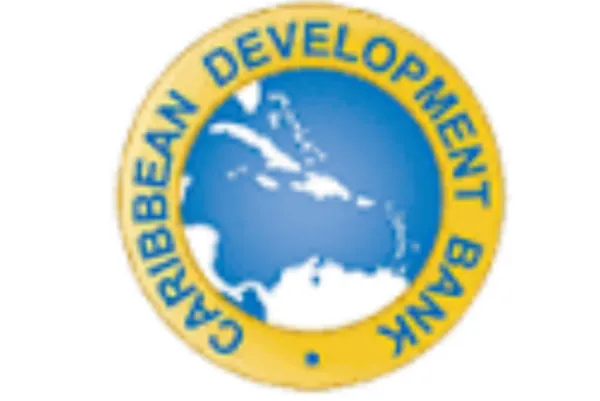
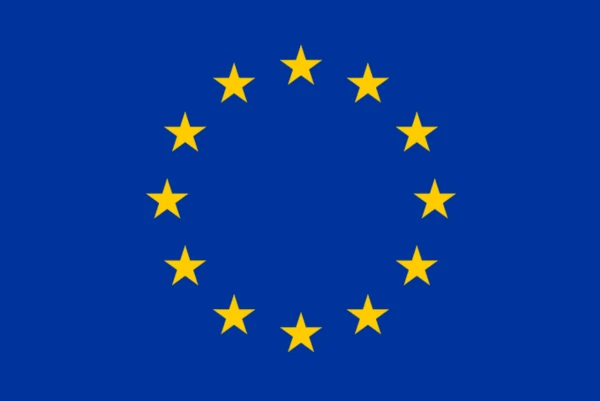
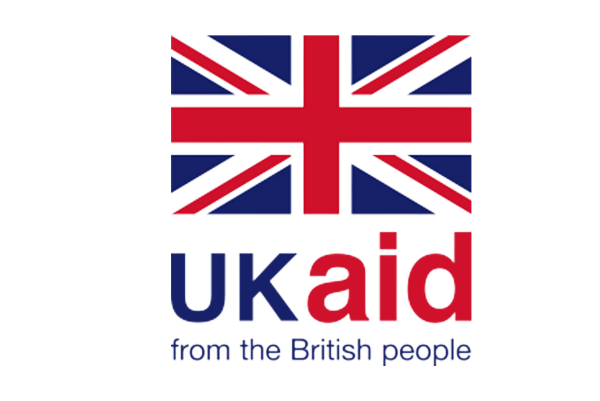

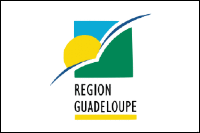
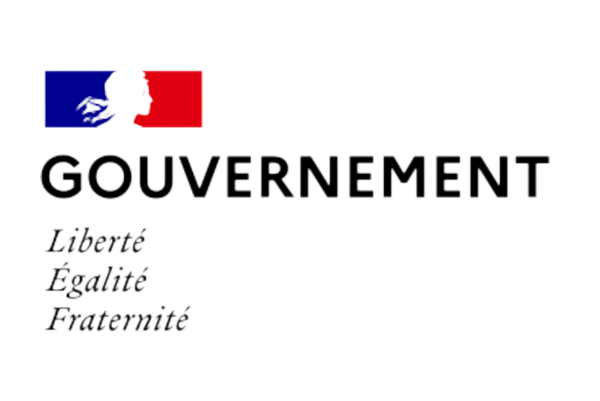
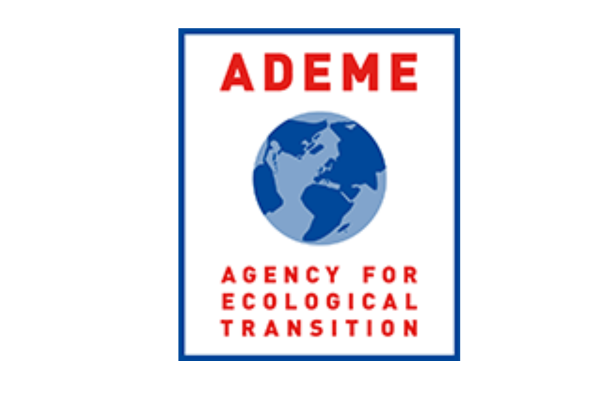
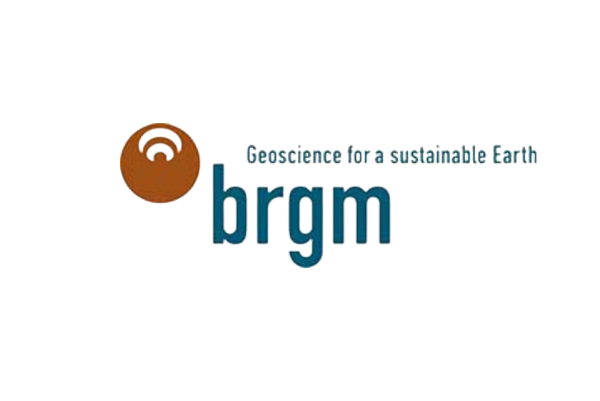
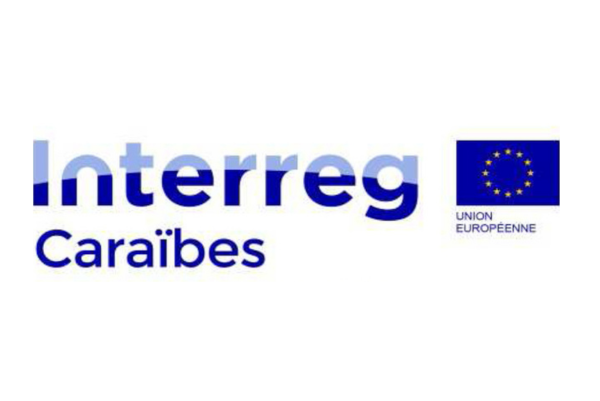
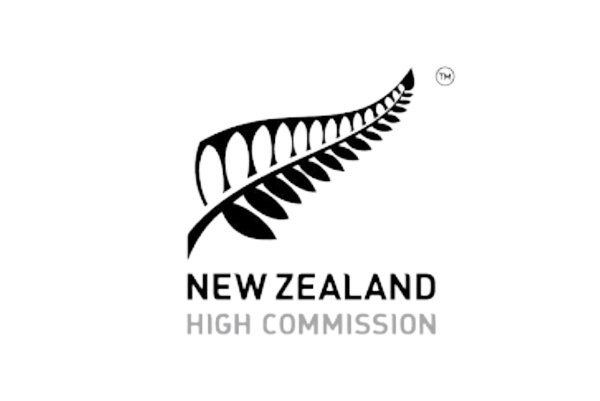
Contacts
Judith Ephraim-Schmidt
Programme Director - Sustainable Energy
Tel: +1 (758) 455-6350
Sherry Desroses
Programme Assistant - GEOBUILD
Tel: +1 (758) 455-6367
Ernie Stapleton
Project Manager - GEOBUILD
Tel: +1 (758) 455-6300
Learn more about Sustainable Energy in the Eastern Caribbean
The OECS is working in close collaboration with all the Ministries of its Member States on all matters related to sustainable energy in the Eastern Caribbean.
